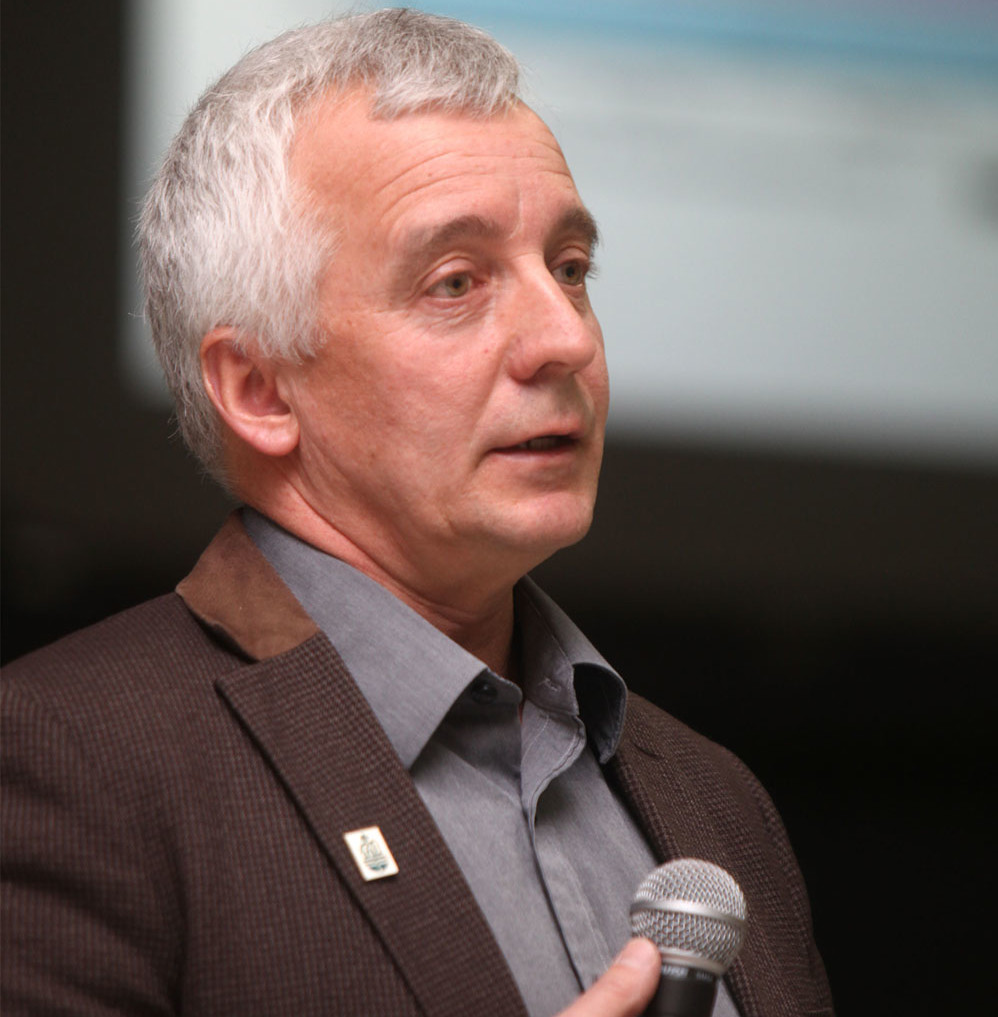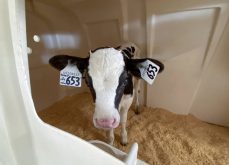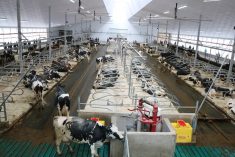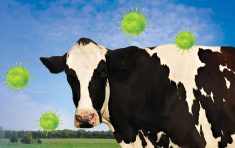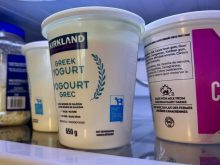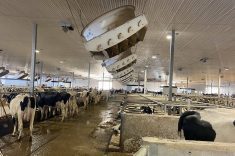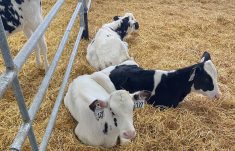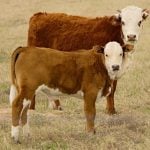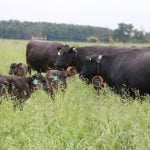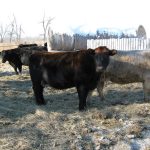Most dairy operations already have the quality assurance program known as proAction in place, but some producers still have lingering questions about how the whole system will work.
Speaking at a district Dairy Farmers of Manitoba meeting in Steinbach earlier this month, chair David Wiens said it’s not uncommon to see some resistance to new programs, especially if they require more paperwork.
“It’s very similar to when we first brought CQM (Canadian Quality Milk) in, there was some resistance to it and I think there was concerns with the amount of time it might take, keeping up with paperwork,” said Wiens. “But I think as the program develops further, and is more understood, producers will realize it’s not really as onerous as it sometimes seems if you haven’t experienced it yet.”
Read Also
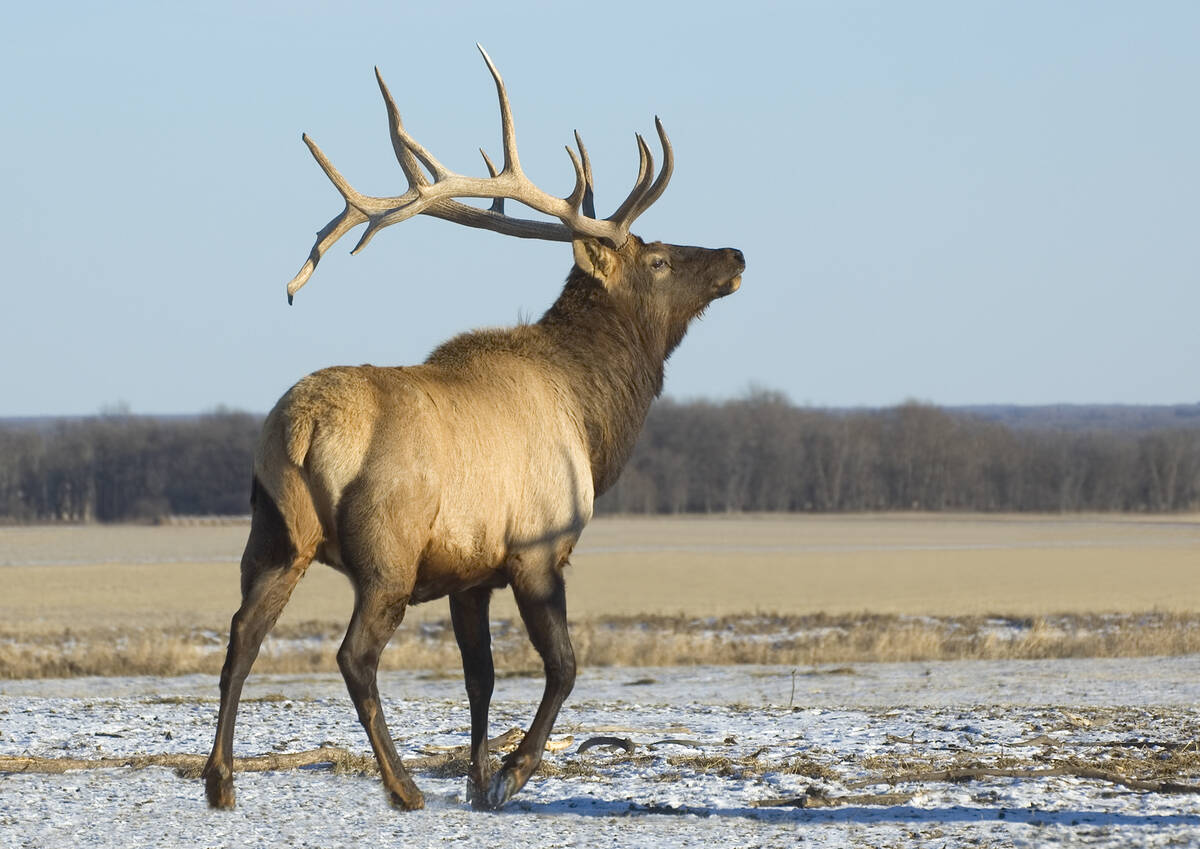
Manitoba Beef Producers take aim at elk surge, feed losses from wildlife
Resolutions at last month’s Manitoba Beef Producers meeting seek help to rein in elk and deer populations, expand fencing supports and improve compensation for wildlife damage.
He added the vast majority of dairy farms is already doing what proAction requires, it’s just a matter of documenting and verifying those practices.
A few people at the meeting called the need for such a program into question, suggesting that it acquiesced to too many consumer demands, but the majority of producers in attendance supported the initiative.
“For the farmers it will be more paperwork, but for the consumer aspects, yes, for consumer confidence we need it,” said Carol Boonstoppel, who farms near Grunthal. “It is things we’ve all done for years, so it is just putting it on paper basically so someone can see it and know we are doing what we say we are.”
Wiens pointed to recent studies showing that while consumer trust in farmers remains high, consumer trust in the farming industry has dropped substantially.
Herd health declaration
Wiens told attendees that was a wake-up call for the industry, and now is the time to work to reinforce consumer trust.
“If we’re thinking we can ignore some of the concerns that are out there, it’s just going to hurt us a lot more in the end,” Wiens said. “Once we lose the confidence and lose the trust with the consumer, that’s not coming back.”
Designed to ensure consumer trust can be maintained and even improved upon, proAction was first launched in 2013. The newest component of proAction — a herd health declaration — came into effect on April 1.
“This needs to be signed by your veterinarian,” Wiens said, noting the yearly declaration shouldn’t require an extra visit or fee for anyone in regular contact with a veterinarian.
“In some provinces, like Ontario, it’s been in place for a couple of years now, and basically, what you need is a declaration signed by your veterinarian on an annual basis, saying that ‘yes this herd looks healthy and that the milk coming from this herd should be all right,’” said Wiens.
The next implementation deadline comes in September 2017, when the animal care and traceability components of proAction will become fully established.
Biosecurity programs will come into effect in 2019, followed by environmental requirements in 2021. A nationwide pilot project, which includes Manitoba farms, is currently underway and will allow for revisions to be made to both the biosecurity and environment modules if needed, Wiens said.

